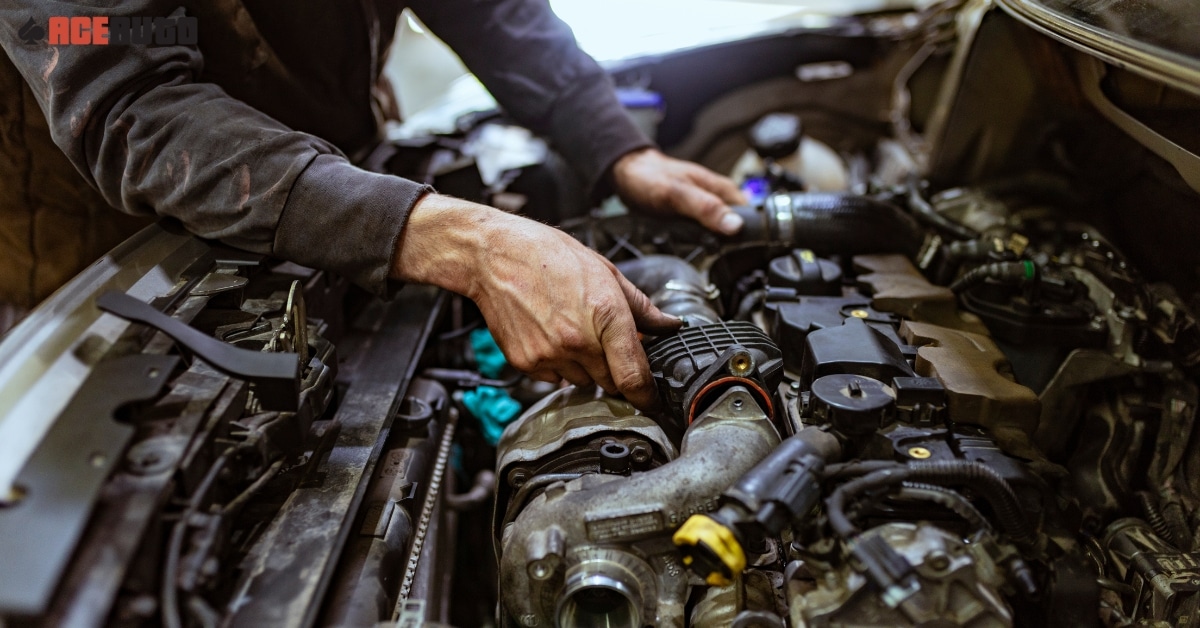All Categories
Featured
Routine cars and truck servicing is crucial to making sure the security, efficiency, and longevity of your car. Many cars and truck owners find themselves wondering, "How frequently should I service my car?" The answer relies on different variables, including your car's make and version, your driving practices, and manufacturer suggestions. In this guide, we'll damage down the crucial factors to consider to assist you identify the perfect servicing schedule for your cars and truck.
- Comply with the Maker's Referrals. The starting point to search for guidance is your auto's owner's handbook. Manufacturers supply a thorough upkeep routine customized to your particular car design. This routine typically describes service periods for oil adjustments, filter replacements, tire rotations, and evaluations of essential parts like brakes and suspension.
For the majority of modern-day automobiles, servicing intervals are frequently based on mileage or time, whichever comes first. As an example:
Oil changes: Every 5,000 to 10,000 miles or every 6-12 months, relying on the kind of oil made use of. Major services: Normally every 30,000, 60,000, or 90,000 miles. Abiding by the supplier's suggestions ensures your automobile continues to be in optimum condition.
- Consider Your Driving Behaviors. Your driving style and habits play a significant duty in establishing just how commonly your car needs maintenance. If you frequently drive under extreme problems, such as stop-and-go city web traffic, extreme temperature levels, or dusty environments, your car might require even more frequent maintenance. Furthermore, if you use your automobile for pulling heavy lots or drive fars away consistently, components like the engine and brakes might break faster.
- Pay Focus to Indication. Sometimes, your vehicle might require servicing faster than the arranged interval. Be on the search for caution indications such as:
Uncommon sounds from the engine or brakes. Lowered gas effectiveness. Dashboard warning lights, such as the check engine light. Problem beginning the vehicle. Dealing with these concerns immediately can stop small troubles from escalating right into pricey fixings. 4. Seasonal Upkeep Checks. Seasonal adjustments can impact your vehicle's efficiency, specifically in severe weather condition problems. For example:
Prior to winter, inspect your battery, tires, and furnace to guarantee they await chilly weather condition. In summer season, ensure your air conditioning system is working correctly to avoid overheating. Arranging seasonal examinations helps your automobile stay trusted year-round.
- Advantages of Regular Servicing. Routine auto maintenance offers various benefits, including improved security, better fuel effectiveness, and a longer life-span for your automobile. It additionally helps preserve your auto's resale worth, as prospective buyers are most likely to trust a car with a consistent upkeep background.

Final thought. The frequency of servicing your vehicle depends upon a number of elements, consisting of supplier guidelines, your driving practices, and ecological conditions. As a guideline of thumb, constantly consult your owner's manual and don't overlook caution indications or unusual actions from your vehicle. Routine maintenance is a financial investment that ensures your vehicle remains risk-free, reputable, and efficient for many years to find. By remaining positive, you can delight in tranquility of mind and a smooth driving experience.
Latest Posts
Experience WyHy FCU – Smart Money Management for Your Financial Success
Experience Your Financial Partner at WyHy – Member-Focused Services for Your Success
Protect Your Financial Investment with Expert Seamless Gutter Setup
More
Latest Posts
Experience WyHy FCU – Smart Money Management for Your Financial Success
Experience Your Financial Partner at WyHy – Member-Focused Services for Your Success
Protect Your Financial Investment with Expert Seamless Gutter Setup
